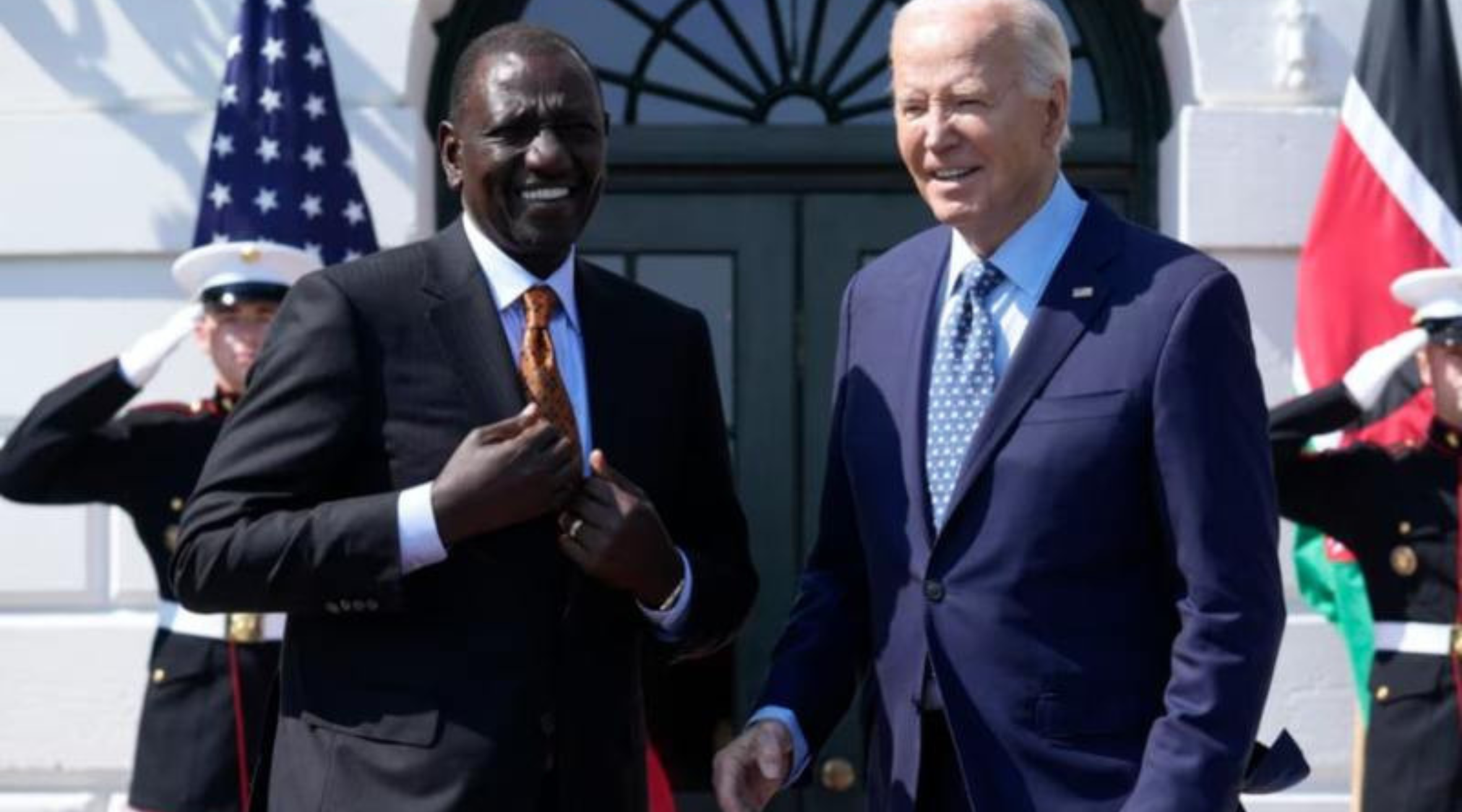Washington, D.C. (Transatlantic Today)— The United States will designate Kenya as its first major non-NATO ally in sub-Saharan Africa, the White House announced during President Joe Biden’s state visit with President William Ruto on Thursday. This strategic move marks a shift in U.S. security cooperation towards East Africa, occurring as U.S. troops prepare to leave Niger, a void that Russian forces have started to fill.
Enhanced Security Cooperation
The designation allows Kenya access to military and financial advantages similar to those enjoyed by NATO members, though without the mutual defence obligations. A senior administration official confirmed that President Biden will brief Congress on the designation, which will take 30 days to come into effect. The move is intended to “elevate and recognize Kenya as a global partner,” the official said.
Haiti Mission
During their discussions, Presidents Biden and Ruto refined Kenya’s plan to deploy 1,000 security personnel to Haiti, supported by a $300 million pledge from the United States. This mission faces major political and legal challenges in Kenya and has been delayed due to recent turmoil in Haiti.
Security Agreements Unveiled
According to Vozdeamerica, The White House announced a number of security agreements with Kenya, including military training and exercises, refugee management aid, investments in Kenya’s security sector, and counterterrorism initiatives. Furthermore, the United States would assist Kenya with 16 helicopters and 150 armored vehicles.
Development Commitments
Washington committed millions of dollars to support key development areas such as democracy, health, education, arts and culture, climate management, trade, and technology. President Ruto prioritized the restructuring of African nations’ debt to China during his U.S. visit.
Absence of Infrastructure Projects
However, infrastructure projects like roads, bridges, and railroads, which are crucial for Africa’s growing populations, were not part of the U.S. promises. Many African leaders continue to turn to China’s Belt and Road Initiative for these needs.
Balancing Global Partnerships
Cameron Hudson, a senior scholar at the Center for Strategic and International Studies’ Africa Program, stated that African countries gain from commercial, security, and development partnerships with China, Russia, and the United States. He underlined that the United States must recognize these multidimensional ties to properly interact with African nations.
Historic State Visit
This is an African leader’s first state visit to the White House in nearly 16 years, and first lady Jill Biden acknowledged the significance before her sixth state supper, describing a pavilion with a crystal dome under the stars. A gospel choir, shag rugs, and “the glow of candles in a space saturated with warm pinks and reds.”
Former President Barack Obama’s Presence
An unnamed administration official hinted that former President Barack Obama, the first and only American president of Kenyan heritage, could attend the state banquet, bringing a unique dimension to the event. This historic state visit focuses on improving ties between the United States and Kenya, to strengthen security, development, and mutual collaboration.


























